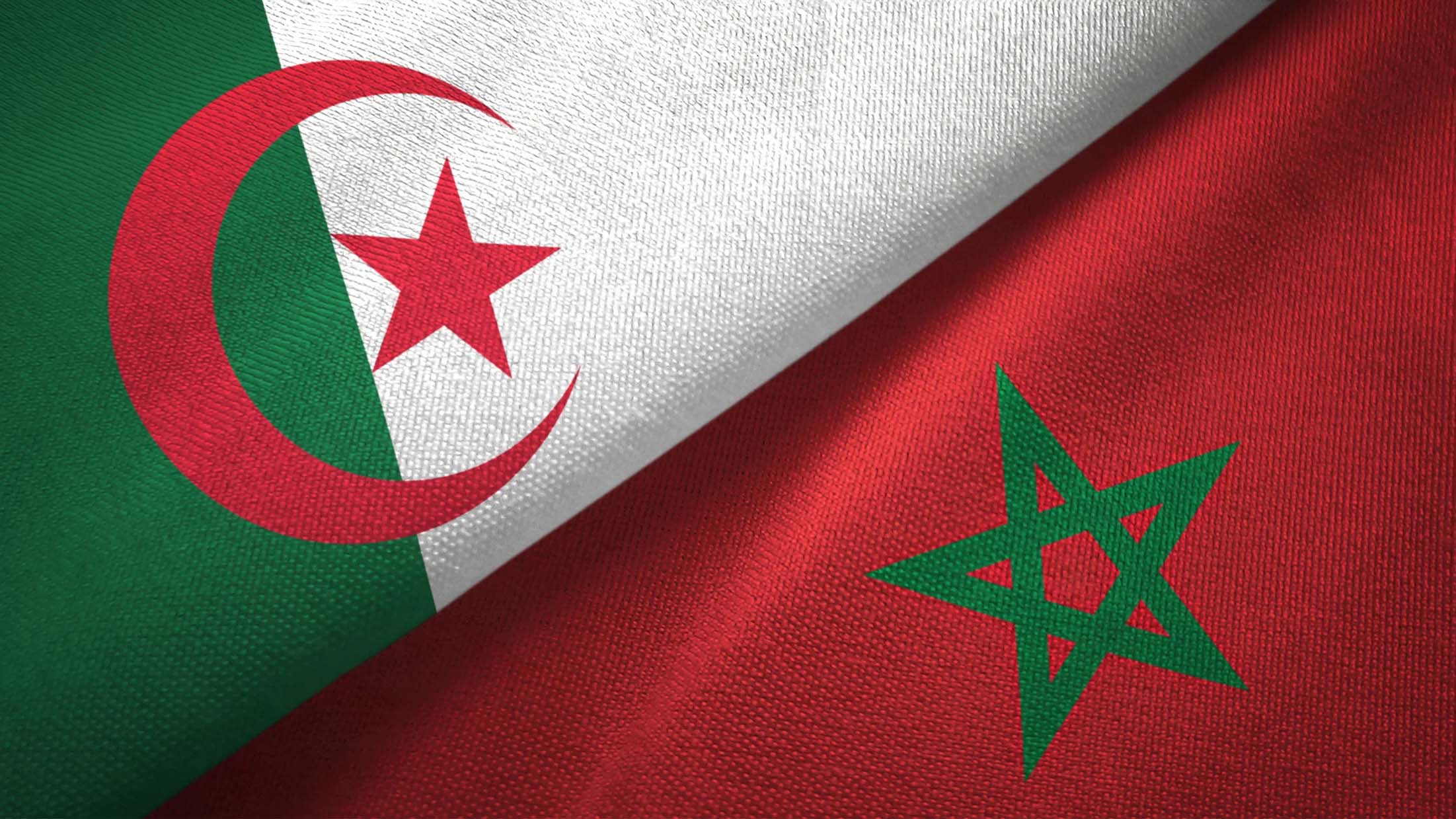Paper: US Balancing Key Amid Morocco-Algeria Cold War
Paper: US Balancing Key Amid Morocco-Algeria Cold War

Careful balancing by the United States can deescalate a cold war between Morocco, a U.S. ally, and Algeria, its anti-Western counterpart, according to the author of a new paper published by the Association of the U.S. Army.
“Morocco finds itself at ever increasing odds with its longtime neighbor and rival, Algeria,” author Lt. Col. Jay Figurski writes. “In today’s dynamic global security environment, this rivalry may not make headlines. However, these two African heavyweights are stuck in a de facto cold war that could put U.S. diplomacy to the test.”
In “Cold War in Africa: Morocco and Algeria,” Figurski, a Middle East foreign area officer who is retiring from the Army and most recently served as the Israel desk officer for the Joint Staff strategy, plans and policy directorate, J5, discusses how the U.S. could balance its commitment to Morocco with increased cooperation with Algeria.
The paper is available here.
Beyond being an ally, Morocco’s military is inspired by the U.S. military, its equipment and its structure.
“Since it gained independence from France, Morocco has developed a special relationship with the United States,” Figurski writes. “Morocco has embarked on a military modernization program known as Vision 2030, with the goal of becoming interoperable with the United States and NATO.”
In kind, Algeria has met Morocco’s cooperation with the U.S. with alliances with Russia and China.
“In response to Morocco’s military modernization with the United States, Algeria signed a large contract with Russia in 2022 for submarines, Su-57 (Sukhoi) stealth aircraft, Su-34 bombers and Su-30 fighters,” Figurski writes. “Algeria is also an important part of China’s Mediterranean strategy as part of its Belt and Road Initiative [where] Chinese investment will expand from traditional sectors … to emerging areas.”
Algeria’s likely attempts to reframe and reform the Western Sahara landscape could push Morocco over the edge, Figurski writes.
“As Morocco and Algeria disagree more vocally on the international stage, both sides will continue to back up their diplomatic talk by projecting strength,” he writes. “Neither country wants war, nor would they benefit from it. … But escalation will be unavoidable if any further incidents lead to deaths on either side.”
As the tension escalates between Algeria and Morocco, the U.S. will be “in a precarious position,” according to Figurski.
“Although the Morocco-Algeria ‘cold war’ poses no direct military threat to the United States, it continues to slow the economic development of two of Africa’s most important countries—while threatening to derail U.S. diplomatic initiatives elsewhere,” he writes. “Keeping a lid on the Morocco-Algeria tensions without incurring consequences to U.S. interests will take continued strategic balance and skilled diplomacy.”